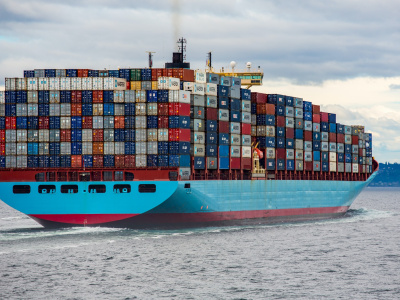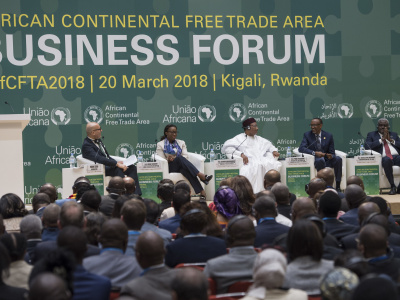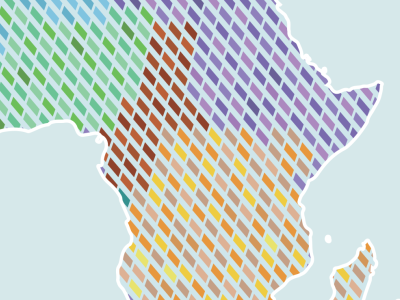
The African Continental Free Trade Area: From agreement to impact – Volume 9, Issue 1, 2020
In this edition of Great Insights magazine, contributors from across Africa and Europe share their views on the significance of the African Continental Free Trade Area, what is needed to ensure it generates benefits for African businesses and citizens, and how to make sure such gains are equitably distributed.
Read the issue
Read the articles online
The African Continental Free Trade Area: From agreement to impact – Editorial
Preparing for trade under the AfCFTA Agreement
Ambassador Albert Mudenda Muchanga, Commissioner for Trade and Industry, African Union
Trading under the AfCFTA Agreement will begin on 1 July 2020. But the AfCFTA State Parties still have critical issues to address to create an integrated, active and efficient AfCFTA market.
Towards an Africa-Europe trade partnership
Phil Hogan, Commissioner for Trade, European Commission
“A wise person is one who listens to advice”, says a Kikuyu proverb. It is in this spirit that the European Commission has published Towards a Comprehensive Strategy with Africa. Any Africa-EU strategy should be jointly developed, jointly owned and jointly implemented by the EU and Africa. The same is true of our trade relationship.
Anchoring intercontinental partnerships between Africa and Europe
Professor Gerhard Erasmus, Tralac, South Africa
The European Union’s new Strategy ‘with’ Africa proposes a strategic alliance based on strengthened intercontinental partnerships in various areas. How can these intercontinental partnerships be anchored? The answer to this question depends on what we mean by ‘intercontinental partnerships’ and whether they require firm legal counterparts in Africa akin to the European Union (EU).
Unlocking Tunisia’s unexploited export potential
Leila Baghdadi, Professor of Economics, University of Tunis with Amal Medini, master in Business Analytics
The African Continental Free Trade Area (AfCFTA) offers huge potential for Tunisia to grow its trade with the rest of Africa and reduce its dependence on the European market.
Ensuring that the AfCFTA is implemented and applied
Nick Charalambides, Senior trade and regional integration expert
The African Continental Free Trade Area (AfCFTA) is an ambitious project to realise free trade across the African continent. But African businesses and citizens will only benefit from it if African governments comply with their obligations to implement the AfCFTA Agreement.
Breaking down non-tariff barriers
Christian Knebel, Economic Affairs Officer, UNCTAD
Non-tariff barriers will make or break the African Continental Free Trade Area (AfCFTA). On the ground, barriers like cumbersome customs procedures and roadblocks are what really matter to traders. These are now being tackled with a groundbreaking online tool at tradebarriers.africa.
ECOWAS and the role of the RECs in AfCFTA implementation
Amanda Bisong, Policy Officer, ECDPM
Africa’s RECs are meant to be the building blocks for the AfCFTA. ECOWAS and the other RECs will therefore have a key role to play in supporting the finalisation and implementation of the AfCFTA Agreement.
A call for a developmental regionalism approach to the AfCFTA
Faizel Ismail, Director, Nelson Mandela School of Public Governance, University of Cape Town
African states should adopt a ‘developmental regionalism’ approach to trade integration under the AfCFTA, to ensure that it promotes inclusive economic growth and development and benefits all African countries.
A ‘business unusual’ approach for gender equality under the AfCFTA
Nadira Bayat, gender and trade consultant, United Nations Economic Commission for Africa
The AfCFTA can advance gender equality in Africa. But governments, businesses, civil society and development partners need to pursue a ‘business unusual’ approach to ensure that it does.
Trade insurance can provide some assurance of AfCFTA success
Anesu Gamanya, Project Analyst, International Financial Consulting LTD
High levels of political and economic risk make exporting to other African markets a risky proposition for many African firms, particularly small ones, but greater provision of affordable trade insurance can help mitigate these risks and encourage African firms to engage in intra-African trade under the AfCFTA.





